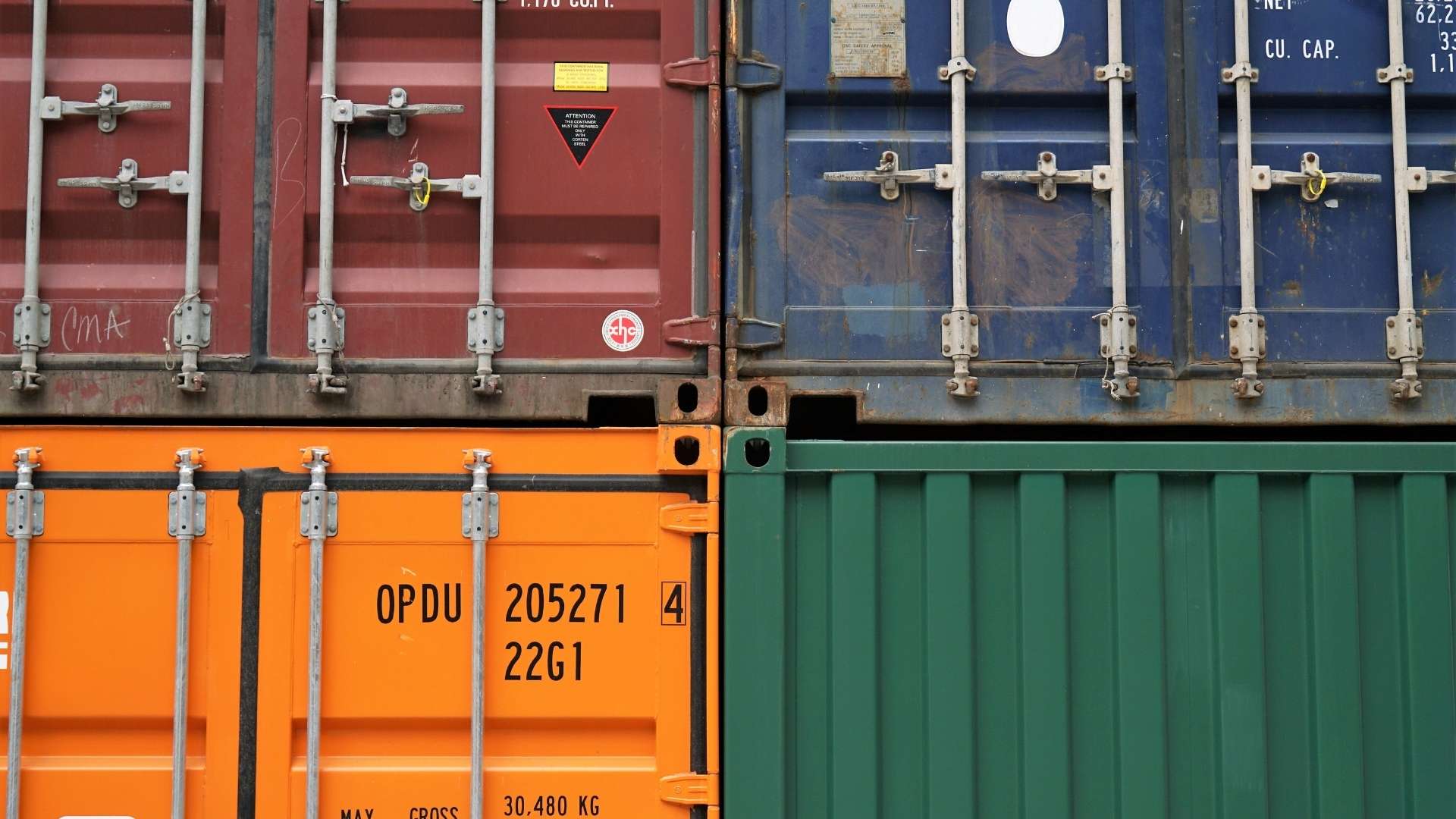How to Avoid Falling Victim to Shipping Container Scams
The huge demand for shipping containers has unfortunately led to a rise in scammers trying to take advantage of buyers. These scammers target people who are simply looking for affordable and reliable container solutions.
This article is here to help you spot and avoid these shipping container scams, no matter what you’re planning to use the container for. We’ll look at the common tricks these scammers use, give you practical steps to check if a seller is legitimate, and guide you on safe payment methods to protect your money. By following the advice and strategies in this article, you can navigate the shipping container market with confidence and avoid getting scammed.
The Rising Risk of Shipping Container Scams
In recent years, the global shortage of storage containers has driven up demand, making it harder for individuals and businesses to find affordable options. Shipping container prices have surged, now costing up to four times more than they did just a few years ago. Unfortunately, this has created the perfect opportunity for scammers to exploit desperate buyers.
These scams can take many forms: fraudulent websites, fake business names, stolen company identities, and misleading payment methods. Many people have lost thousands of dollars by paying for containers that never arrive or dealing with sellers who disappear after taking their money.
But you’re a smart shopper, and if something feels off, trust your instincts. We’re here to help you recognize the warning signs and protect yourself from falling victim to these scams. Below, we’ve outlined the most common red flags to watch for and the steps you can take to ensure a safe purchase.
Red Flags to Watch For
1. Too-Good-to-Be-True Discounts
Scammers lure buyers with unrealistically low prices significantly below the market rate. If a seller offers a deal that seems too good to be true, it probably is. To verify fair pricing, compare container prices from multiple reputable sellers before purchasing. A significant price difference should raise concerns.
2. Fake Websites & Impersonation
Fraudulent sellers often create websites that mimic legitimate businesses, using stolen branding, fake company names, and copied content. While these websites may appear professional, subtle inconsistencies may expose them as scams. Warning signs include:
- Spelling errors and poor formatting
- Low-quality or copied logos
- Strange or misspelled domain names
- Lack of a professional business email (e.g., using @gmail.com instead of a company domain)
Before making any purchase, research the company name and website. Check for official listings, and reviews, and verify their online presence.
3. Fake Contact Information
Scammers often provide false business addresses and phone numbers to appear credible. Before trusting a seller, verify their contact details by:
- Checking their website and social media for an official address and phone number
- Searching for their business on Google Maps to confirm its location
- Calling the listed phone number to ensure it connects to a legitimate company
If the company lacks contact information or refuses to provide it, consider it a major red flag.
4. Lack of Transparency
A trustworthy company will openly answer your questions. Be cautious if a seller:
- Avoids providing clear answers
- Refuses to show you the container in person
- Uses high-pressure sales tactics
- Suddenly stops communicating
If the seller is evasive or hesitant about providing details, they might be hiding something.
5. No Reviews or Suspicious Testimonials
A reputable business will have customer reviews available online. A lack of reviews can indicate a scam, especially in a high-demand industry like shipping containers. To verify credibility, look for:
- A variety of authentic customer reviews across different platforms
- The company’s responses to negative feedback
- A consistent and legitimate testimonial history
Be wary if reviews seem fake, overly positive, or are posted in a short time frame.
6. Unexpected Contact from Sellers
Scammers may send unsolicited emails or messages to potential buyers, often using generic or suspicious email domains. Be cautious if you receive:
- Emails from personal domains rather than business ones
- Messages with excessive typos or poor grammar
- Payment requests before clear purchase details are provided
Always research a seller before engaging in any transaction.
7. Suspicious Payment Requests
Scammers often demand payment through untraceable methods, such as:
- Bitcoin or other cryptocurrencies
- Wire transfers
- Checks made out to individuals instead of a business
For added security, always use a credit card or other protected payment methods. Credit cards offer fraud protection and chargeback options, making it easier to recover funds if you fall victim to a scam.
What to Do If You Encounter a Container Scam
If you suspect a shipping container scam or have fallen victim, report it immediately to the Federal Trade Commission (FTC). This helps protect others and prevents further fraud.
If a scammer is impersonating your business, take action by:
- Reporting the fraud to authorities
- Warning customers through your website, social media, and email
- Monitoring your online reputation for potential misuse
Why Choose Container King?
At Container King, we provide new and used shipping containers with full transparency. Whether you need to buy, rent, or customize a storage container, you can count on us for:
✔ Verified and secure transactions
✔ Competitive, market-based pricing
✔ Reliable customer service
Don’t let scammers take advantage of you. Contact us today to discuss your container needs with a trusted provider!



